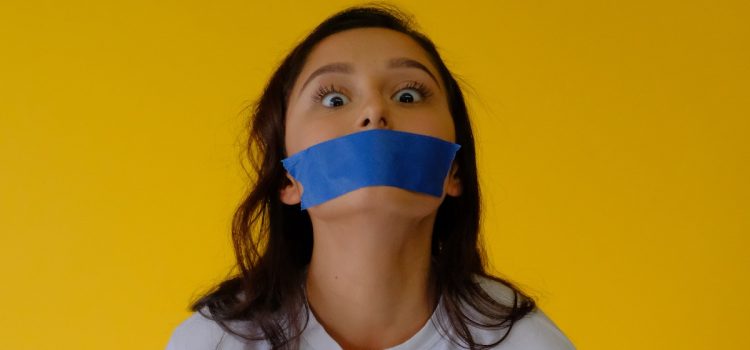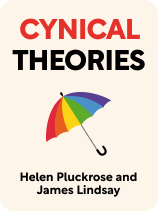

This article is an excerpt from the Shortform book guide to "Cynical Theories" by Helen Pluckrose and James Lindsay. Shortform has the world's best summaries and analyses of books you should be reading.
Like this article? Sign up for a free trial here.
Do you feel like social justice advocacy has gone too far? Does it seem like you have to constantly watch what you say?
The authors of Cynical Theories explain how this came to be. While past movements for equality used to fight for concrete issues, Helen Pluckrose and James Lindsay claim that contemporary activists and scholars are more concerned with policing language and culture and shutting down rational debate.
Continue reading to learn about the anti-free speech approach of the Social Justice Movement.
The Social Justice Movement Rejects Freedom of Speech
In Cynical Theories, Helen Pluckrose and James Lindsay show how the beliefs and methods of the Social Justice Movement are anti-free speech. Let’s take a look at each argument.
Anti-Free Speech Beliefs
Pluckrose and Lindsay explain that the Social Justice Movement is anti-free speech because they believe access to knowledge is based on identity—race, gender, and so on—instead of on reason and evidence. According to the Social Justice Movement, people of marginalized identities have more knowledge than everyone else about power and oppression because of their experiences. People from dominant groups lack this knowledge, and so the Social Justice Movement believes these people’s ideas about power, oppression, and social justice should be devalued or dismissed. Pluckrose and Lindsay explain this is anti-free speech since it seeks to restrict or devalue ideas based on who says them rather than on merit.
(Shortform note: Some critics of the Social Justice Movement have noted how the movement’s beliefs have led to self-censorship, or individuals and institutions restricting their own speech to avoid controversial subjects. In the publishing industry, for example, some companies are reluctant to publish books where authors aren’t directly discussing their own experiences after a number of high-profile protests. In these protests, books are harshly criticized and even pulled before they’re published due to accusations of racism and other types of insensitivity. This shows how even when the beliefs of the Social Justice Movement aren’t passed into law, they can still limit free speech.)
Anti-Free Speech Methods
Pluckrose and Lindsay contend the Social Justice Movement is anti-free speech in their methods, attempting to police and control people’s language and culture. Since the Social Justice Movement views oppression as the result of cultural narratives, they try to prevent people from enforcing those narratives in their language and culture.
In practice, this often means ganging up on people with dissenting ideas. The Social Justice Movement is willing to target anyone, according to the authors, because they believe power is exercised on every level of society—a working-class person making an insensitive joke, an academic writing a paper with ideas contrary to the Social Justice Movement, a celebrity making a controversial work of art, and so on. Targets of these attacks may face real-world consequences, losing jobs, being socially alienated, or even receiving threats.
(Shortform note: In academia, fixed doctrines and cliques are nothing new, with many disciplines attacking or censoring dissenting scholars on all sorts of political or even apolitical questions. Fields as diverse as astronomy, linguistics, and psychoanalysis all have their own histories of bitter rivalries, personal grudges, attempts to repress controversial ideas, and insider-outsider mentalities. Therefore, the Social Justice Movement’s anti-free speech tendencies could be symptomatic of a larger problem within academia instead of something unique to the field.)

———End of Preview———
Like what you just read? Read the rest of the world's best book summary and analysis of Helen Pluckrose and James Lindsay's "Cynical Theories" at Shortform.
Here's what you'll find in our full Cynical Theories summary:
- How and why modern advocacy has gone too far
- How social justice scholarship and activism has become dangerous
- Why freedom of speech and belief in science are more important than ever






